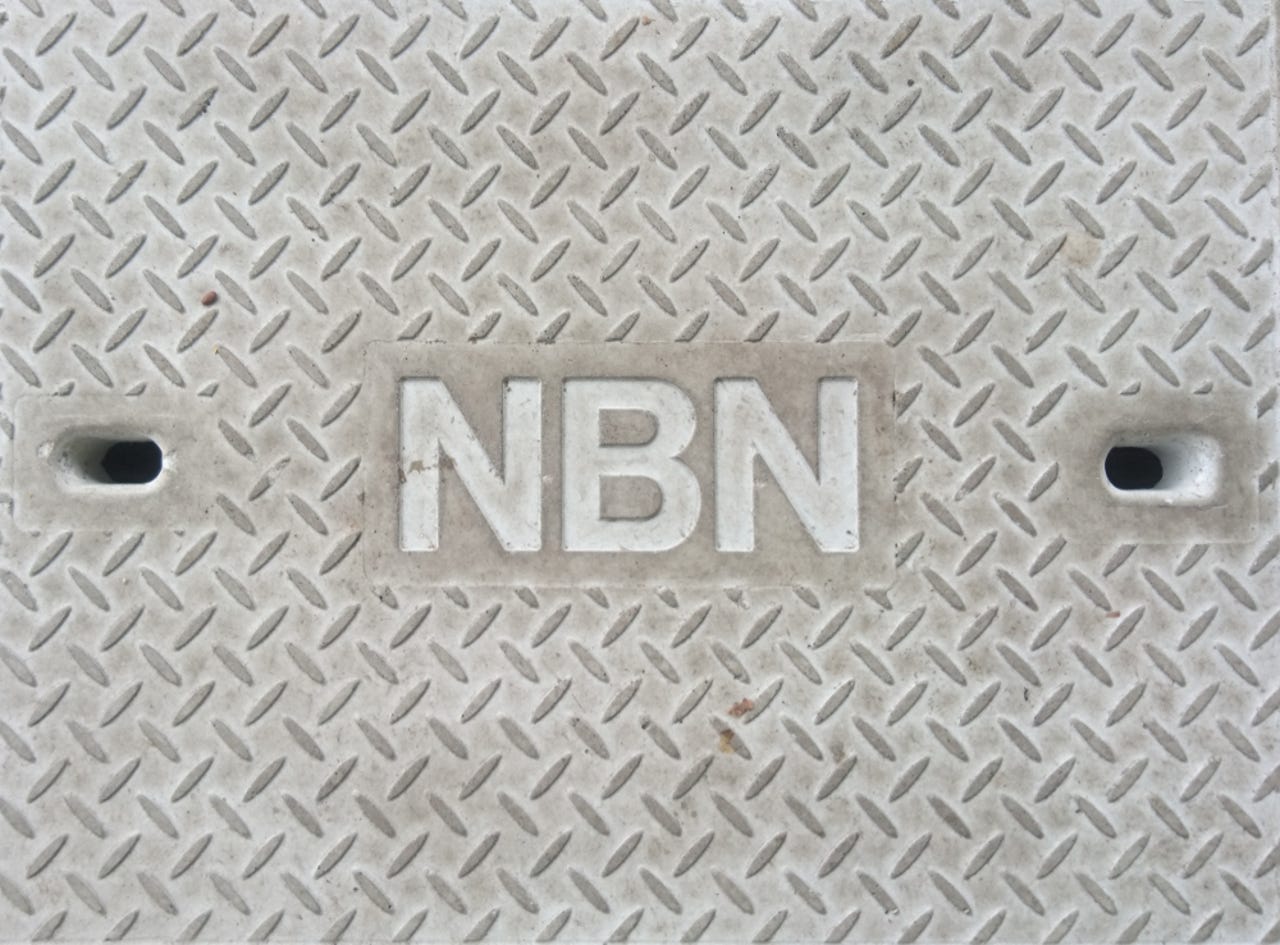ACCC questions fairness of NBN basic pricing


The chair of the Australian Competition and Consumer Commission (ACCC) Rod Sims has said the affordability of basic NBN plans for people on lower incomes is becoming an issue, following the end of NBN's pricing discounts.
This change has seen retailers stop offering lower speed plans and those remaining are seeing smaller margins, Sim told the CommsDay Summit on Monday afternoon.
"Under the new pricing, the cost of accessing the NBN to supply a 12 megabit service has increased substantially and is now, amazingly, close to the cost to supply a 50 megabit service, with this gap likely to narrow further," Sims said.
"To give one example, Optus increased its asking price for new customers acquiring an entry-level NBN plan to AU$80 per month -- a AU$20 increase. Extraordinarily, this was AU$10 more expensive per month than its 50 megabit plan."
Sims said there was a "fundamental question of fairness" for people on low incomes, and pointed out that customers remaining on ADSL could get a 100GB plan for AU$50 a month, and have an unlimited plan for AU$10 extra.
"We believe NBN Co's entry-level services should be anchored to existing ADSL pricing. This is only fair to consumers because they have no choice but to move to the NBN as their existing services are being withdrawn," Sims said.
"This says to me that not only have we lost the anchor but we are quite possibly charting a course that favours meeting NBN Co's revenue projections, at the expense of the NBN's potential to benefit the economy, and consumers."
NBN should ensure it has a AU$60 a month plan, Sims said, and look again at its bundles so retailers with a high proportion of users who do not use much internet data can afford to get onto the network.
On NBN's recent entry into the business and enterprise sector and whether it was a mission creep, Sims said it depends.
"Telstra has dominated the lucrative enterprise and government market as large corporates and government agencies tend to acquire services on a 'whole of business' basis, and historically only Telstra had ubiquitous infrastructure to meet this need," he said.
"As large corporate customers typically require supply to multiple premises an entire corporate account may be lost, even where only one such location is inaccessible.
"In this regard, the supply of wholesale enterprise services by NBN Co has the potential to promote competition by lowering barriers to entry for smaller service providers and enabling them to serve areas where Telstra is the only other infrastructure provider."
Sims added the ACCC found one in eight NBN fixed-line connections "[did] not come close" to reaching the speeds promised by the plan purchased by the consumer, and this level rose to 25% on fibre-to-the-node connections on a 50Mbps plan.
In February, Vocus said the variable nature of the CVC pricing model used by NBN is incompatible with the fixed rates paid by consumers, and the economics did not stack up.
"No profit margin after costs to migrate, acquire, and serve, together with backhaul and other admin and operational costs," the company said at the time.
The company said NBN pricing was "simply too high", and it was cashflow negative after providing modems and backhaul.
On Tuesday morning, Labor unveiled the NBN policy it would take into the 2019 election, saying it wanted to get 1 million more older and low-income households onto the network.
Related Coverage
- ACCC and Telstra want to maintain stable price structure for copper services
- ACCC delays TPG-Vodafone decision due to lack of information
- Two thirds of consumers not taking up NBN compensation offer: ACCC
- ACCC launches inquiry into NBN rebates
- Full fibre the least faulty NBN technology
- NBN has purchased almost 30,000 kilometres of copper
- NBN half-year revenue jumps to AU$1.3b as CEO confident of positive cash flow by FY22